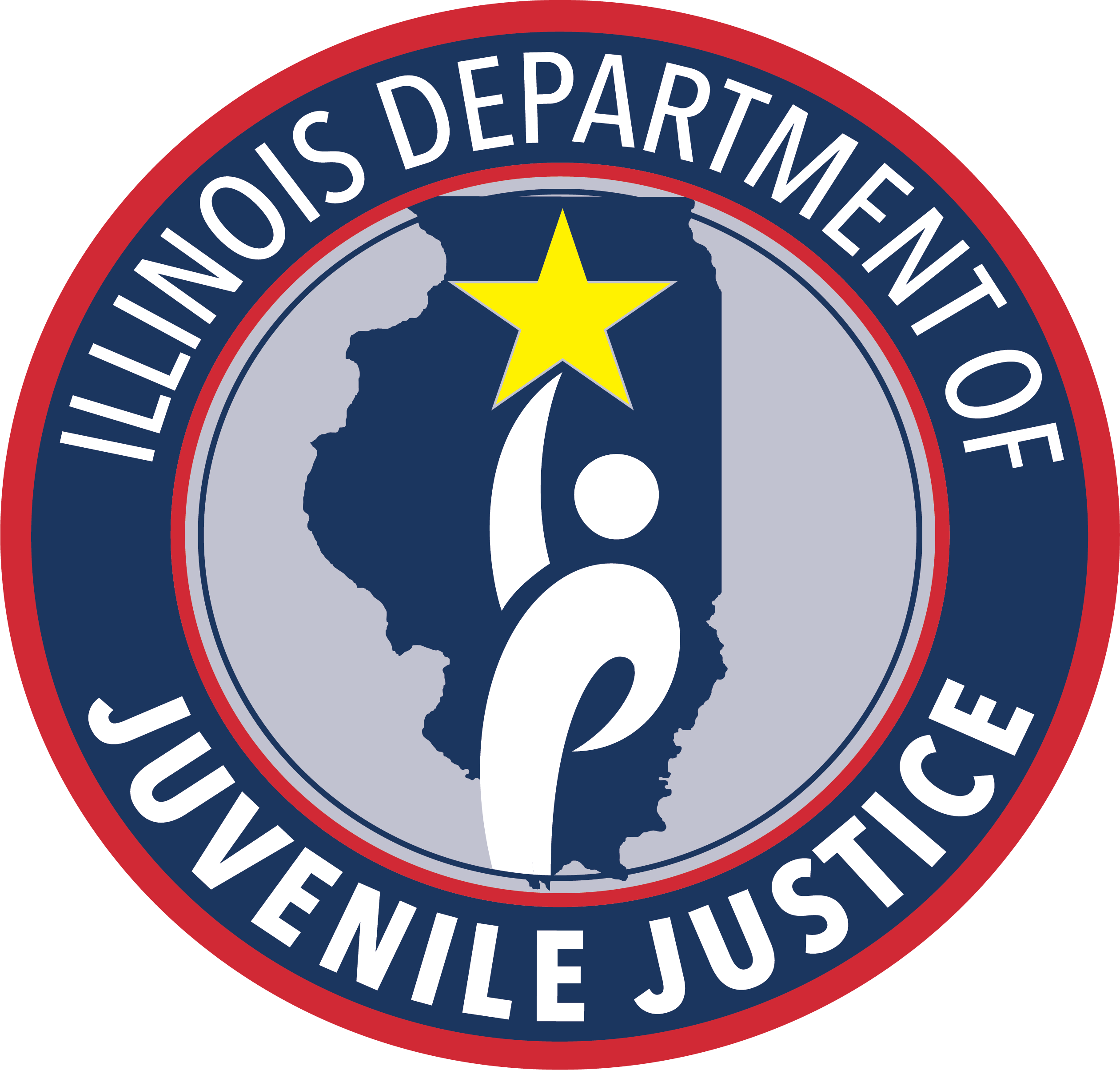IDJJ Aftercare
Aftercare began as a pilot in fiscal year 2012 (calendar year 2011) through federal grant funding. On January 1, 2014, the Illinois Department of Juvenile Justice (IDJJ) received authority from the Governor and General Assembly to implement Aftercare statewide as authorized by Public Act 98-0558. Aftercare Specialists have replaced the Illinois Department of Corrections (IDOC) adult parole officers who have historically monitored IDJJ youth on large and blended caseloads. As of April 2015, all IDJJ youth statewide have been assigned an Aftercare Specialist, thereby completing the transition of youth from IDOC parole to IDJJ Aftercare statewide.
Public Act 98-0558 grants Aftercare Specialists the same authority as adult parole agents and provides additional responsibilities for case management and supervision. The Aftercare Specialist role starts at the time of commitment in an IDJJ facility until discharge from Aftercare. The Aftercare model creates a youth-focused intervention of rehabilitation and therapeutic services that support quality community supervision for all youth committed to IDJJ, and moves away from an adult model of supervision.
Aftercare Specialists have received training to work with youth, family and community partners to assist youth in successfully transitioning from life in IDJJ facilities back to their communities. These specialists help develop a continuum of service for the youth while concurrently working with their family support systems and community based providers to identify wrap around services. Those services may include the identification of substance abuse and mental health treatment and services; education and vocational programs; workforce development and job training; mentoring; and anger management counseling.
Under the Aftercare model, there has been a modification of the sanctions and reward system to further incentivize good behavior. This system is based on a graduated sanction process to assess the level of intervention that is needed to deter negative behavior or non-compliance before a youth is violated and returned to IDJJ for a ‘technical violation.’ Aftercare staff is working to address statewide placement barrier issues and develop programming, in partnership with existing community agencies, to enhance education and vocational training opportunities as well as an expanded continuum of services in the community. The primary goal of Aftercare is to provide comprehensive and individualized services to youth committed to IDJJ in order for them to successfully reintegrate back into their communities and reduce recidivism.
Chapin Hall at the University of Chicago published an Issue Brief in 2015, Beyond Service Provision: Promoting Social Capital and Effective Functioning for Youth Reentering the Community After Incarceration , by Jiffy Lansing.

